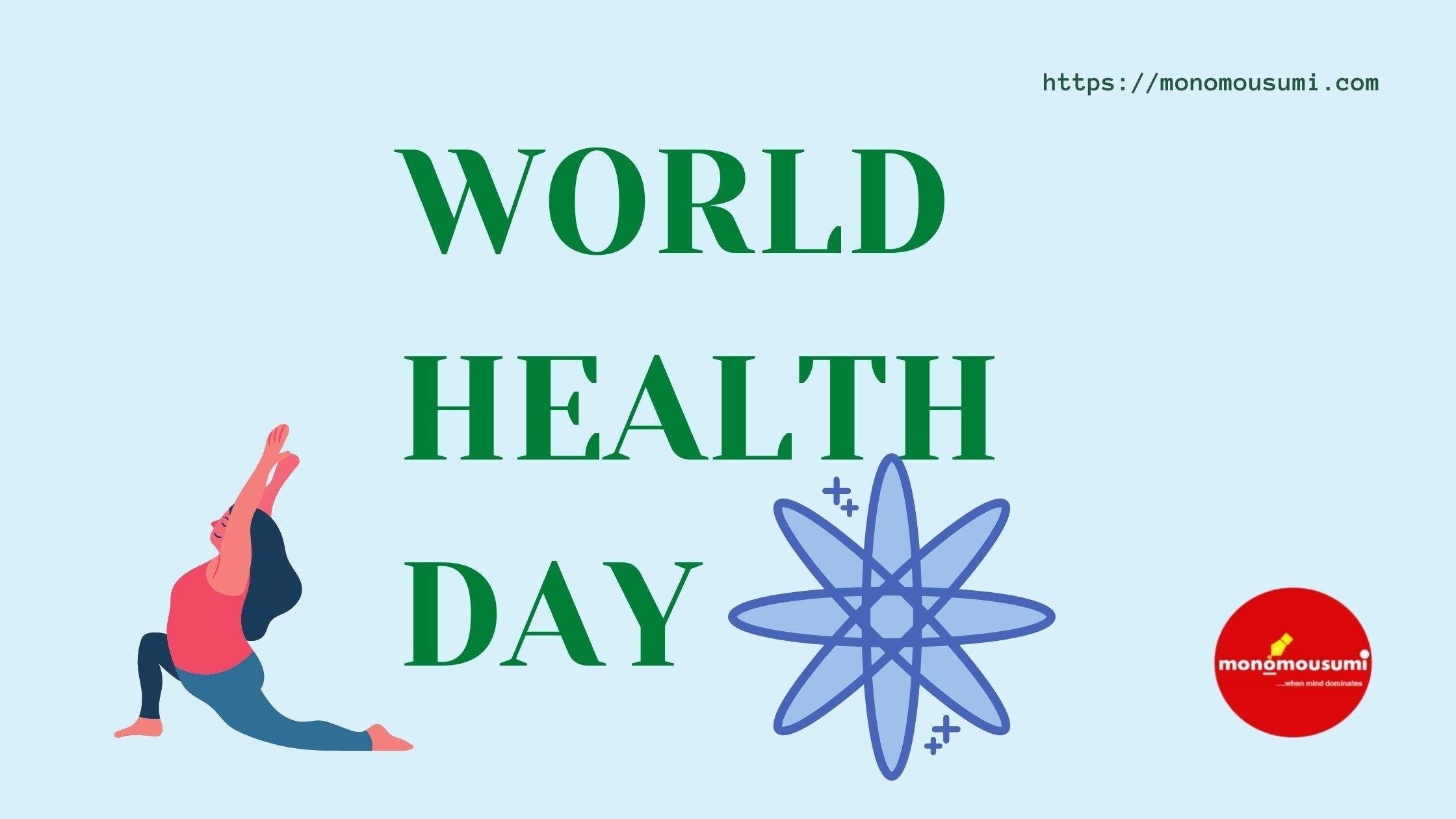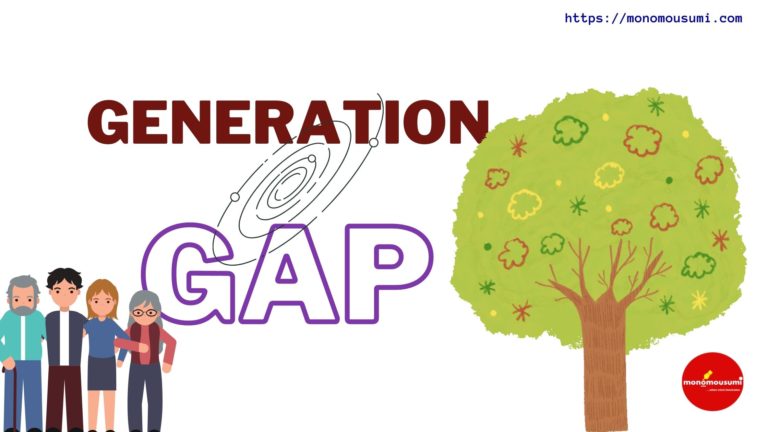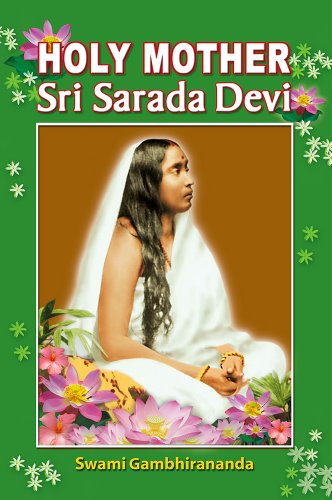
Having a flawless definition of what good health implies is vital to achieve it. Ridiculously, the meaning of health has altered over the decades. In ancient times, health was primarily influenced by the realm of faith. For instance, from 11th to 12th century BCE, in Greece, it was basic for individuals to go to temples and sacrifice to the Gods in order to pacify them. Some would go to the healing God “Asclepius” (the international symbol of medicine), where prayers and sacrifices were made in order to cure the patients.
Centuries later with numerous medical advancements like the disclosure of cells, microorganisms, vaccines, germ theory, alongside other uncountable innovations, metamorphosed human’s comprehension of health.
In 1984, a new definition was proposed by World Health Organisation (WHO), that states, “A state of complete physical, mental and social well-being and not merely the absence of disease or infirmity.”, that certainly makes sense. And so for more than 70 years, this definition was adapted by healthcare professionals, experts and individuals, as a basis to achieve better health in order to sustain well-being.
It is universal: health is wealth. In the present world, even with somewhat sophisticated technology and provision, there exist communities that lack health awareness. Well, in the same year, that is, 1948, in Geneva, the first World Health Assembly was held by the World Health Organisation (WHO) and it was decided to celebrate 7th April of each year as what we call the “World Health Day”, with effect from 1950.
It is one of the eight global campaigns launched by the World Health Organisation (WHO), meant to draw attention to critical health issues. Observed by governmental and non-governmental organisations, to promote healthy lifestyle in order to increase the life expectancy of people, the objective of this remarkable day is to simply raise awareness among people in all corners of the world, regarding the priceless importance of good health.
Every year, the world health day chooses a theme prioritising a particular area of health. This year’s theme is, “Building a fairer, healthier world”. As the world is battling through one of the worst pandemics ever, this year’s theme has added even more significance.
The World Health Organisation (WHO) stated that some people have greater access to facilitation and better healthcare access than others. While some countries have attained dominant economic status to procedure more doses of vaccine for their population, but most poor countries are still on the tenderhooks of earning their first batches of vaccine, as the COVID-19 Pandemic already has highlighted.
High population upgradation leads a lot more communities to lack basic safe drinking and feeding supplies, proper sanitation; making them likely to get communicable infections like malaria, AIDS, dengue, COVID-19, etc. Poverty obligates people to follow the cheapest diets, leaving a little scope for health.
This is truly unfair, but fortunately preventable. We ought to urge our leaders to ensure everyone has living and working conditions conducive to good health. We ourselves must join charities and local organisations meant for the same, and most importantly take good care of ourselves.
The World Health Organisation (WHO) , since it was established, has been claiming several paths towards a glamorous health. So, why not consider this day as a start-up for a brand new lifestyle?
The personal decisions made, over which the individual has control, obviously contributes to health. The environment is directly associated with the mental and physical state of the dweller.
Following a strict regime of eating, sleeping and exercising is essential for good health. A perfectly balanced diet having a variety of foods, less salt sugar, saturated or industry-processed trans-fat, etc. does the most part in living healthy. Keep an eye on the phrase “Hara Hachi Bu” or “the 80 percent rule” meaning “feel your belly to only 80 percent.”
Getting out of our cosy zone is not easy, but essential for our cardiovascular health. A few yoga stretches, good hygiene, and a warm 7 to 9 hours sleep are all equally important for a good mending and crafting of the body. Also, having eternal companions throughout life just like a “moai” in Japan is good for stimulating emotional and mental well-being. “Okinawans”, the longest living people of the globe, originally from the Japanese island “Okinawa” believe in “logotherapy” that it is through finding a purpose for life or an “ikigai” that one can ensure a long and healthy life.
Since the world health day’s inception, every year, new themes get highlighted and worked upon in schools, colleges, workshops, campaigns, and seminars, fundraisers, etc. Outdoor activities like bicycling and hiking are organised to encourage children. Therapy and meditation are greatly encouraged to support mental health.
Additionally, the government can build parks or stadiums for encouragement, establish more and more health care centres for facilitation and testing, forecast advertisements and programs promoting health, and launch campaigns, like the previously successfully established “Pulse Polio Campaign.”
Individuals can start by taking simple leaps, like taking care of their own health and of those around them, involving in healthy habits with youngsters, engaging in efforts by local clubs and schools and preaching to the community. As population upgrades, chronic illness and infirmities are on rise. And it is important for adults to provide such information to youngsters.
To sum up, it is a matter of a mere decision, whether one wants to live an impactful and worthful life full of productivity or be bed-ridden on tenterhooks for a miracle. “Good health and Well-being” is officially one of the 17 “Sustainable Development Goals’ ‘ launched by the United Nations in 2015, in hope of getting all goals accomplished by 2030.
So, let us try to make this year’s health day special by taking a leap forward. Let’s ensure good health by eating lightly, moving frequently, breathing deeply, living moderately, cultivating cheerfulness and maintaining an “ikigai” in life and thanking the doctors! And clearly, if people don’t come on the right trail soon enough, our future is vulnerable.
By Mahisha Ahmed, Assam


